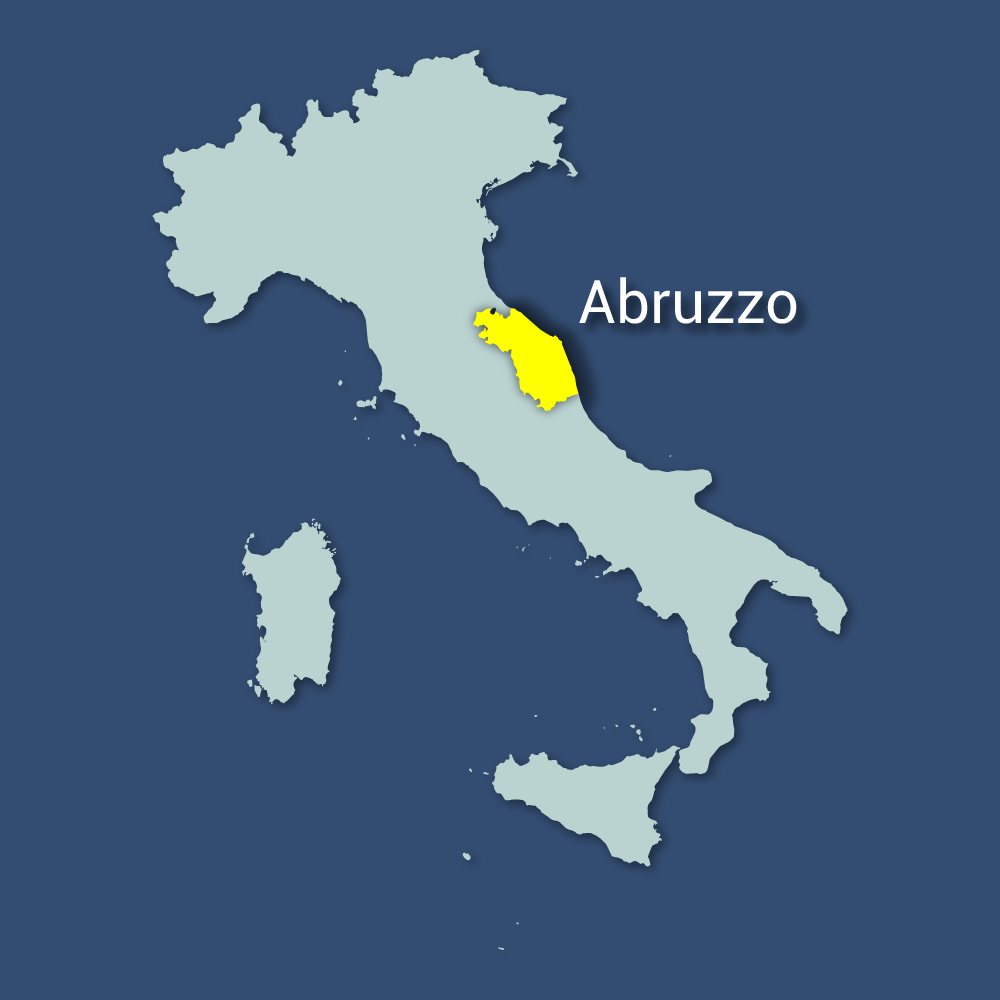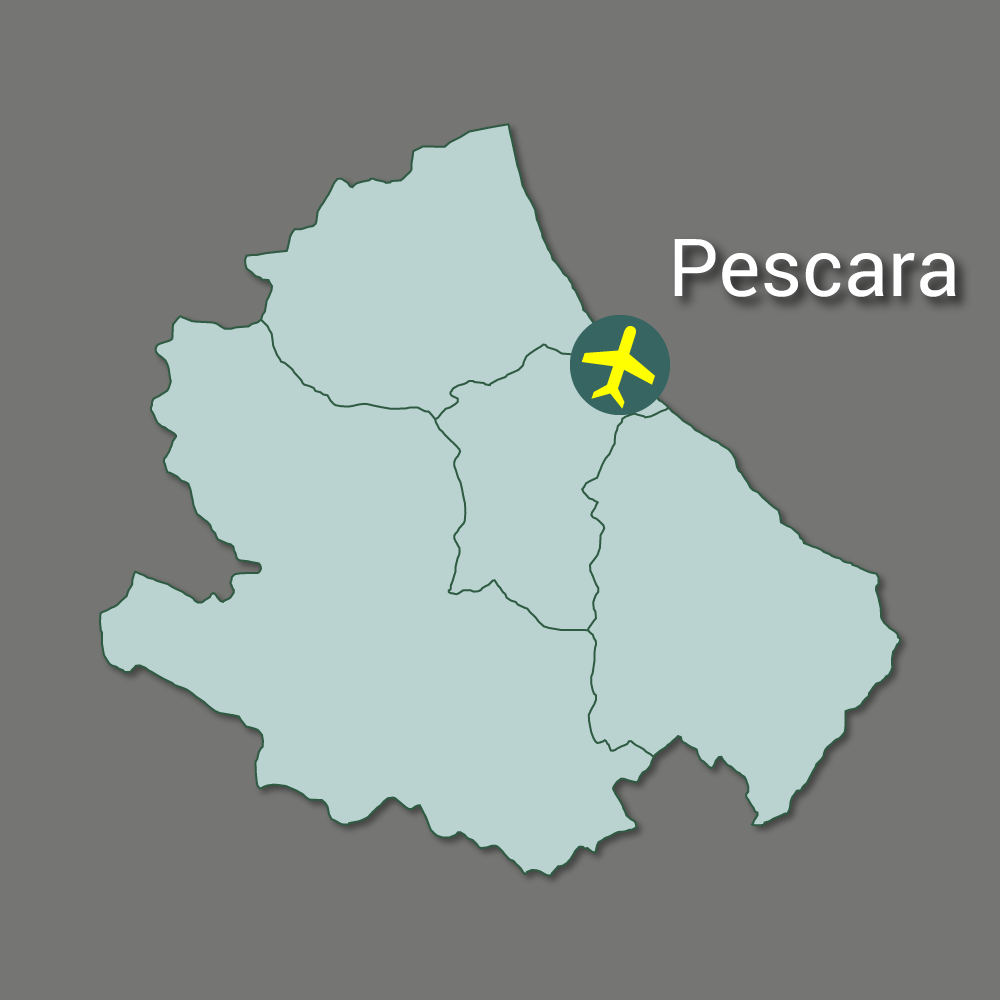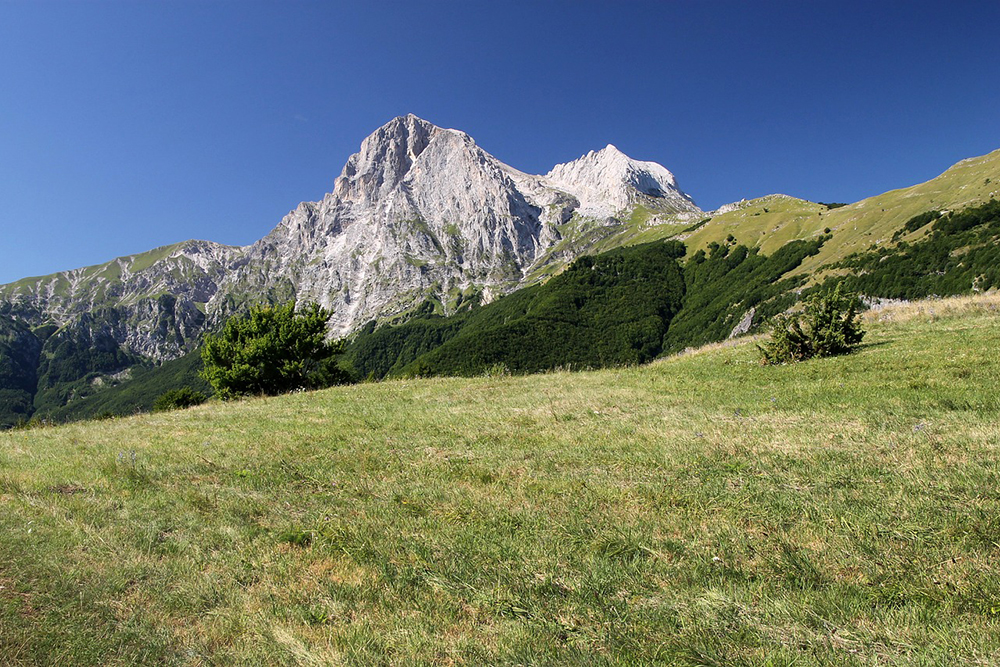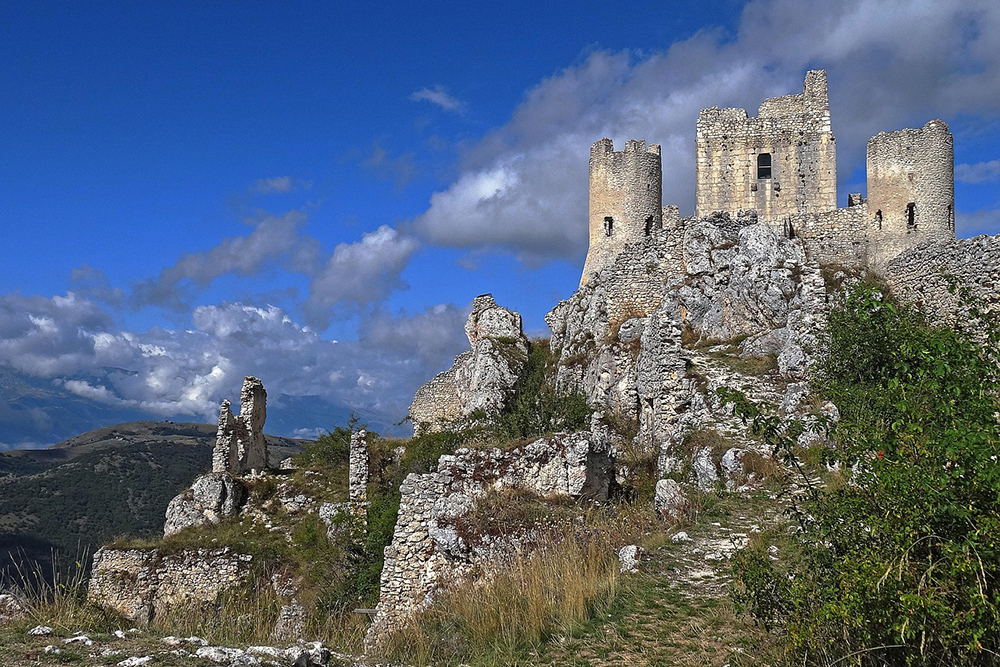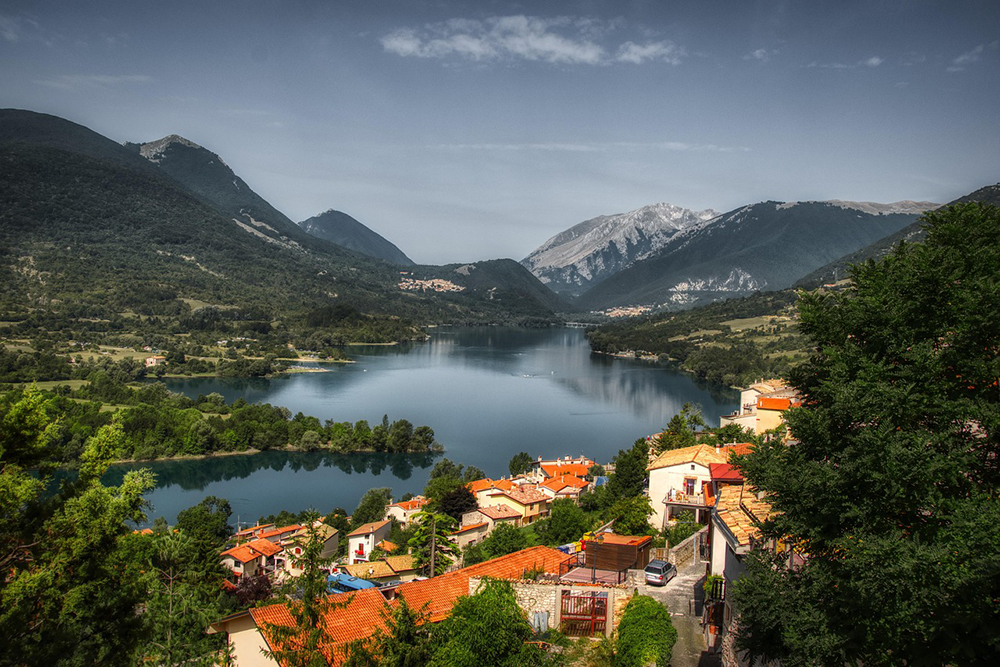
Christopher Columbus
Christopher Columbus remains one of the most influential, and controversial, figures in world history. His daring voyages across the Atlantic Ocean opened the door for widespread exploration and colonization of the Americas, setting in motion events that would shape the modern world. Yet his legacy is complex, marked both by extraordinary achievements and profound consequences for indigenous peoples.
Early Life and Ambitions
Christopher Columbus was born between August 25 and October 31, 1451, in Genoa, a thriving port city in modern-day Italy. Coming from a modest background, Columbus developed an early fascination with the sea. By his teens, he worked on merchant ships, gaining valuable experience in navigation, trading, and mapmaking.
At a time when Europe’s knowledge of the world was limited, Columbus became obsessed with finding a westward route to Asia, believing it would provide faster access to the lucrative spice trade. His ambitious plan, however, faced skepticism from scholars who doubted the feasibility of such a voyage.
Securing Royal Support
After years of lobbying European courts, Columbus finally secured patronage from King Ferdinand II and Queen Isabella I of Spain in 1492. Spain, newly unified and eager to compete with Portugal in overseas exploration, agreed to fund his expedition. In return, Columbus was promised noble titles, a share of the profits, and governorship over new lands he discovered.
This agreement set the stage for one of history’s most consequential journeys.
The First Voyage: 1492
On August 3, 1492, Columbus set sail from Palos de la Frontera with three ships: the Niña, the Pinta, and the Santa María. After a stop in the Canary Islands for supplies and repairs, the expedition crossed the uncharted Atlantic.
On October 12, 1492, land was sighted, an island in the present-day Bahamas, which Columbus named San Salvador. Believing he had reached islands off the coast of Asia, he explored parts of what are now Cuba and Hispaniola (shared today by Haiti and the Dominican Republic).
Though he did not find the riches he had anticipated, his return to Spain was celebrated as a monumental success.
Later Voyages and Discoveries
Columbus made a total of four voyages across the Atlantic between 1492 and 1504:
Second Voyage (1493-1496): Columbus returned with a larger fleet to establish settlements and expand Spanish claims. He explored the Lesser Antilles and Puerto Rico but faced increasing tensions with indigenous populations.
Third Voyage (1498-1500): He reached the South American mainland near the Orinoco River in Venezuela, recognizing that he had found a new continent, though he still believed it was part of Asia.
Fourth Voyage (1502-1504): Columbus searched for a passage to the Indian Ocean, exploring parts of Central America but facing shipwrecks, disease, and deteriorating health.
Over time, Columbus’s governance in the New World came under criticism for poor administration and mistreatment of both colonists and native peoples. In 1500, he was arrested and returned to Spain in chains, though he was later pardoned.
Controversies and Criticism
Today, Columbus’s legacy is hotly debated. While his voyages undeniably opened the way for European exploration and globalization, they also initiated centuries of colonization, exploitation, and the devastating decline of indigenous civilizations.
Columbus’s treatment of native populations, marked by violence, enslavement, and forced labor, casts a long shadow over his accomplishments. In recent decades, this darker side of his legacy has prompted reevaluation of his role in history, particularly in the Americas, where Indigenous Peoples’ Day has been proposed or adopted as an alternative to Columbus Day in some regions.
Last Years and Death
After his final voyage, Columbus lived in relative obscurity and battled legal disputes over the promised rewards from the Spanish Crown. He died on May 20, 1506, in Valladolid, Spain, largely unaware of the true scope of his discoveries. He believed until his death that he had reached Asia, not realizing he had encountered a "New World."
Legacy and Historical Impact
Despite the controversy, there is no denying the historical significance of Columbus’s voyages. They marked the beginning of an era of European exploration, colonization, and profound cultural exchange known as the Columbian Exchange, which dramatically altered ecosystems, economies, and societies worldwide.
Columbus's daring to cross the Atlantic challenged existing geographical assumptions and expanded the boundaries of the known world. His voyages symbolized the spirit of exploration and ambition that would characterize the Age of Discovery.
Conclusion
Christopher Columbus is a figure who embodies the dualities of human endeavor, boldness and brutality, discovery and destruction. His life and voyages are a powerful reminder that history is complex and multifaceted. Understanding Columbus means grappling with both the awe-inspiring scope of his achievements and the profound, often tragic consequences they unleashed.
As we continue to study and reflect on his legacy, Columbus remains a pivotal figure in the story of our interconnected world.


